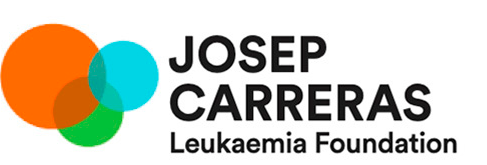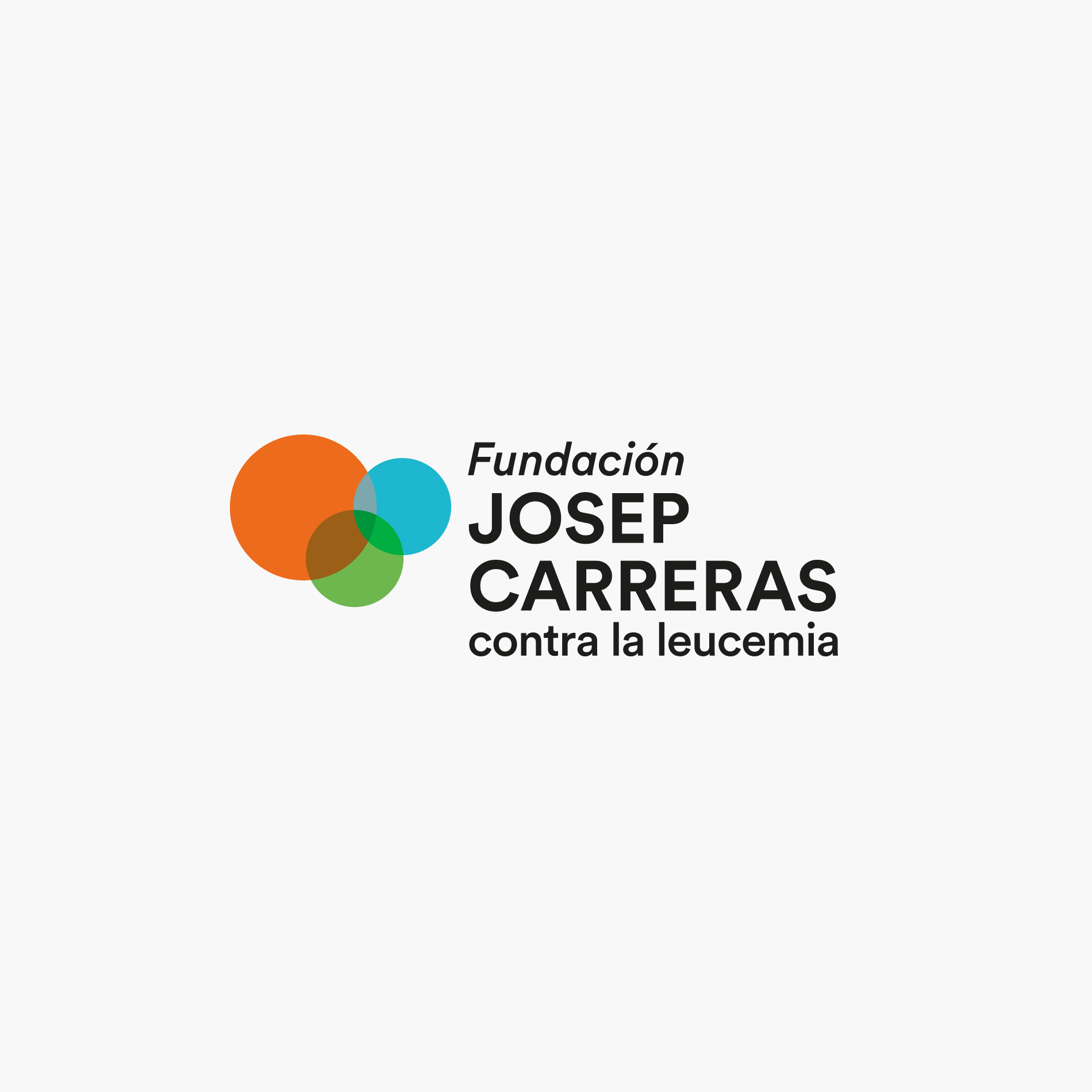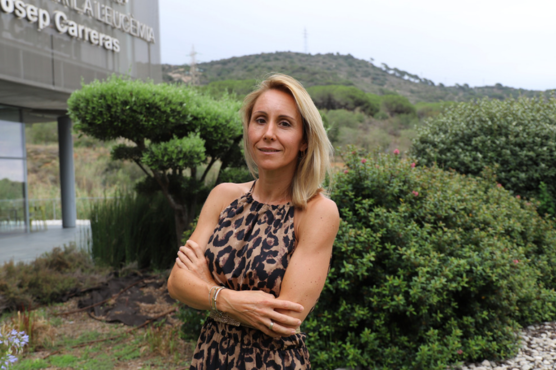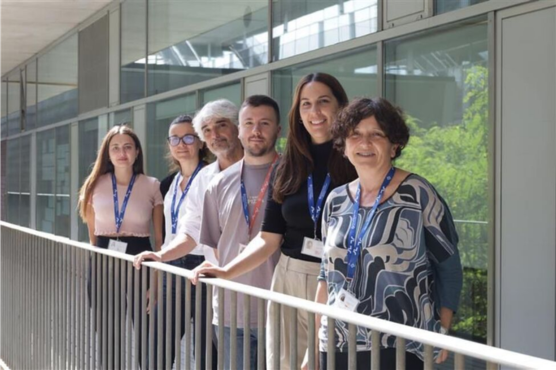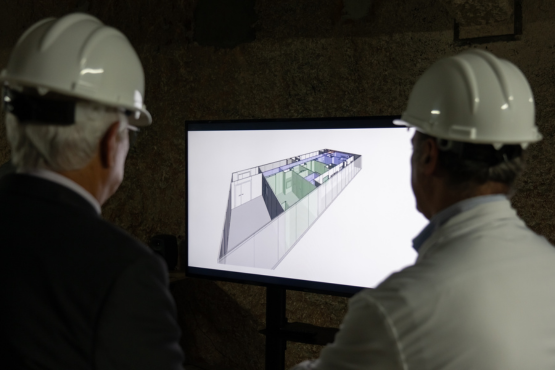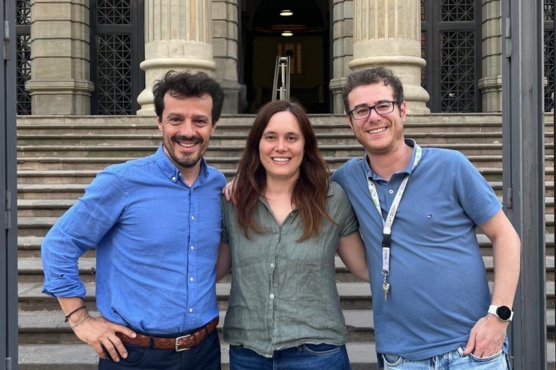The Josep Carreras Leukaemia Foundation brings together some of the most important experts in leukaemia from around the world in Barcelona The meeting was led by Prof. Ciril Rozman, pionner of alogenic bone marrow transplant in Spain. On the 25th of April, The Josep Carreras Leukaemia Foundation brought together some of the most important experts in leukaemia from around the world. Nowadays, many of the investigations about leukaemia, including those financed by the Foundation, are focus on the molecular mechanisms of this severe disease and, in consequence, can have important implications on its treatment. The evaluated the results obtained, revised the priorities of the Foundation about investigation, shared experiences and new points of view on basic clinical aspects for the investigation about leukaemia. Among other tasks, this group of remarkable scientists that complete the Scientific Committee of the Foundation, grant the E.D Thomas International scholarship endowed with 150.000 euros, the grant honours Prof. Thomas, Nobel prize in medicine for his discovery of the bone marrow transplant. This technique has saved the lives of thousands of patients and the Foundation, throughout its programs, has contributed decisively to spread this technique all around Spain. The Josep Carreras Leukaemia Foundation has achieved to recruit and locate bone marrow donor, for more than 2.000 patients, allowing, more than 1.000 transplants. It has also contributed to the creation of special treatment units in Hospital Clínic of Barcelona, Hospital Germans Universitari Germans Trias i Pujol of Badalona and the Umbilical Cord Bank of Barcelona which hosts the Josep Carreras Cellular Factory. The conference was presided by Prof. Ciril Rozman, Emeritus Professor of the University of Barcelona and vice-president of the Josep Carreras Leukaemia Foundation. Present at the meeting were: – Dr. Rainer Storb, Transplant Director of the Fred Hutchinson Cancer Research Centre of Seattle. – Dr. Dean Buckner, Oncologist and co-founder of the Fred Hutchinson Cancer Research Centre of Seattle. Dr. Buckner was part of the team who treated Josep Carreras during his stay in the United States. – Dr. Eliane Gluckman, Director of the haematology Service in Saint-Louis Hospital of Paris . She is responsible of the first successful transplant of stem cells proceeding from umbilical cord in 1988, and she directs the European organisation that coordinates the data base of all umbilical cord blood banks in Europe. – Prof. Emili Montserrat, Chief of the haematology Service of the Hospital Clínic of Barcelona. – Dr. Albert Grañena, Trustee of the Josep Carreras Foundation and member of the medical team who treated Josep Carreras during his disease. – Dr. Hans-Jochem Kolb, Chief of the haematology Service of the Ludwig Maximilian University of Munich, one of the European pioneers of bone marrow transplant. – Dr. Robert Sackstein, Associated Scientific Director Bone Marrow transplant Program, Dana Farber Institute Harvard University. – Dr. Evarist Feliu, Director of the Catalan Institute of Oncology in the Hospital Universitari Germans Trias i Pujol, and Trustee of the Foundation. – Dr. Jeffrey Molldrem, Senior Consultant of the Bone Marrow and Umbilical Cord Blood Transplant Department of the Anderson Cancer Centre of Houston. – Dr. Enric Carreras, Director of the Bone Marrow Registry of the Josep Carreras Foundation. – Sr. Antoni Garcia, Manager of the Foundation. The support to scientific investigation is one of the most important priorities of the Josep Carreras Foundation and one of the areas in which it has invested more funds. Since the creation of the Foundation, in 1988, more than 6 million euros have been awarded to fellowships and grants. More than 40% of the Foundation’s annual budget is devoted to investigation.
Home > Unstoppable Content > News >
The Josep Carreras Leukaemia Foundation brings together some of the most important experts in leukaemia from around the world in Barcelona
More news

